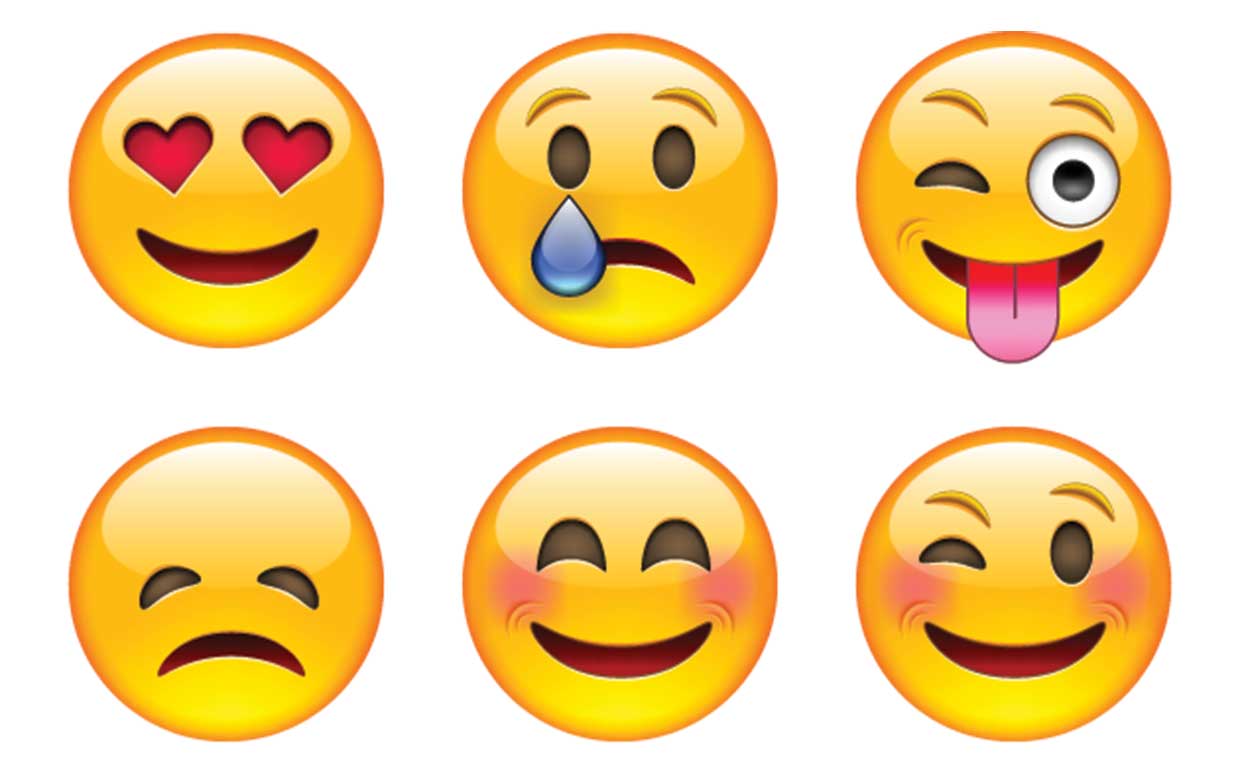Latest Ghana News Headlines Today

Emoji translator wanted - London firm seeks specialist
Agency boss Jurga Zilinskiene said emojis were a "potential growth area" as "inconsistencies" had developed in their use.
Advertisement
Last year, a UK linguist said emoji was the country's fastest-growing language.
Emojis have been available on Japanese phones since the late 1990s but gained worldwide popularity after 2011, when iPhones started coming with emoji keyboards. They are now widely available on Android phones too.
They differ from emoticons by being coded little pictures rather than collections of punctuation points like :) or :'( or ¯\_(ツ)_/¯. (For emoticon newbies, the latter is a shruggie).
But like emoticons, emojis can be used to indicate tone or emotion in messages composed largely of text.
Ms Zilinskiene, head of Today Translations, needed someone to translate diaries into emojis for one of her clients, but could not find a specialist.
She says software translations can only go so far and a human translator was needed, so the agency posted an online job advert. She herself speaks Lithuanian, Russian and English and codes in the programming languages Python and C#.
With more than 30 applications so far, she is hoping to appoint somebody on a freelance basis by the start of 2017, with the potential for it to become a full-time post. Translation jobs will be paid by the word/emoji, while research into the changing trends in emoji usage will be paid at an hourly rate.
So can emojis be considered a language? No, absolutely not, says Rob Drummond, a senior lecturer in linguistics at Manchester Metropolitan University.
He says his test for a language is that you have to be able to translate a full sentence from one to another, with shared meanings - not necessarily fixed, but shared - and emoji meanings vary from person to person.
"It's an addition to language rather than a language itself," Dr Drummond says.
Emojis are more nuanced than words and, like gestures or body language, can add meaning to the text they go alongside.
Dr Drummond said he could see a space for emoji specialists, though, similar to people who go before a court to give an interpretation of what somebody might mean by a particular slang word.
Indeed, the legal world has had to take notice of emojis, as lawyers have started bringing forward the text communications sent by people accused of crime as evidence.
Jeremy Burge, who already has a full-time job in emojis as chief emoji officer for his website, Emojipedia, said the symbols were a way of inserting tone into messages and "bringing back what we miss in text communication when we don't have body language... it's a communication aid".
He said that of the 15-16 million page views the glossary gets a month, many were from social media professionals keen not to make a faux pas when posting on behalf of their companies.
If that's you, we hope our guides peppered through this article have given you enough to get started.




